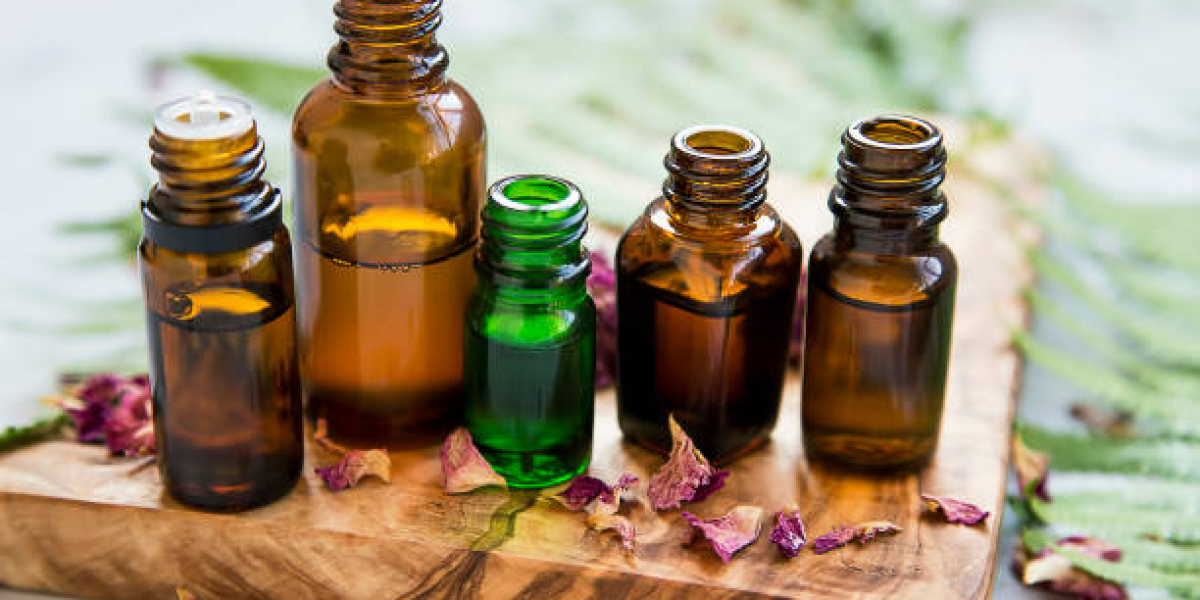With a rich history dating back to ancient civilizations like Egypt and Rome, myrrh continues to captivate modern enthusiasts seeking natural remedies and holistic wellness solutions. Let's delve into the origins, uses, and benefits of this timeless essential oil.
Origins and Extraction
Myrrh, a small tree native to the Middle East and North Africa, exudes a resin when its bark is cut. This resin is collected and steam distilled to produce myrrh essential oil. The process preserves its potent aromatic and medicinal properties, making it a valuable commodity in traditional medicine and aromatherapy.
Historical Significance
Renowned in ancient times for its therapeutic properties, myrrh was used in embalming practices by the Egyptians and as a sacred incense in religious ceremonies. In Ayurvedic and Traditional Chinese Medicine, it was prized for its ability to promote emotional balance, enhance spiritual practices, and support physical well-being.
Aromatic Profile and Uses
Myrrh essential oil is characterized by its warm, earthy, and slightly sweet aroma with subtle balsamic undertones. Its versatility makes it a valuable addition to various wellness practices:
Skincare: Known for its rejuvenating properties, myrrh oil supports healthy skin by reducing the appearance of fine lines and wrinkles, promoting elasticity, and soothing irritation.
Respiratory Support: Inhalation of myrrh oil vapors can help clear congestion, ease coughs, and support respiratory health during seasonal discomforts.
Emotional Balance: Used in aromatherapy, myrrh oil is believed to calm the mind, alleviate stress, and promote a sense of tranquility and grounding.
Oral Health: Its antimicrobial properties make myrrh oil beneficial for oral care, aiding in gum health and freshening breath.
Modern Applications
In contemporary aromatherapy and holistic medicine, myrrh essential oil is valued for its anti-inflammatory, antiseptic, and antioxidant properties. It is often blended with other essential oils like frankincense, lavender, and cedarwood to enhance its therapeutic effects and create complex aromatic profiles.
Safety and Precautions
While generally safe for topical and aromatic use when diluted, myrrh essential oil should be used with caution:
Patch Test: Perform a patch test on a small area of skin before widespread use to check for any allergic reactions.
Pregnancy and Children: Consult a healthcare professional before using myrrh oil during pregnancy or on young children.
Dilution: Always dilute myrrh oil with a carrier oil like jojoba or coconut oil before applying to the skin to prevent irritation.
Where to Find Quality Myrrh Essential Oil
When purchasing myrrh essential oil, look for products that are pure, therapeutic-grade, and free from additives or synthetic fragrances. Reputable suppliers often provide information on sourcing practices and quality testing to ensure potency and authenticity.
In Conclusion
Myrrh essential oil stands as a testament to the enduring appeal of natural remedies in promoting holistic well-being. From its ancient roots in spiritual rituals to its modern applications in aromatherapy and skincare, myrrh continues to offer a myriad of benefits for mind, body, and spirit. Whether used for its aromatic allure or therapeutic prowess, integrating myrrh oil into your wellness routine can be a transformative journey into ancient wisdom for modern living.









